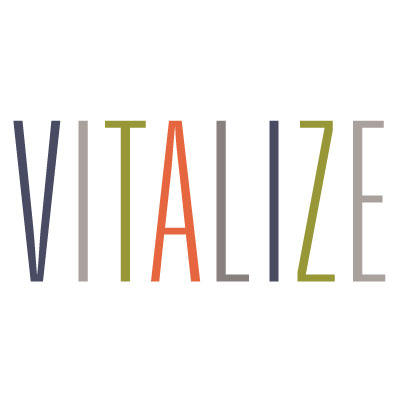The time has finally arrived for winter to usher in the season of spring. This is a time when many Oregonians, myself included, rejoice in the reemergence of the sun and the lengthening of the days. Along with this seasonal change, however, comes the onslaught of allergy symptoms. For many of us, spring is a time when we experience sinus congestion, headaches, sneezing, wheezing, itchy eyes, sore throat, and post-nasal drip. Acupuncture and Chinese herbs can be incredibly helpful in reducing allergy symptoms. The best time to begin these treatments is at least four weeks before you typically start having symptoms in order to prime the immune system. Treatments are given one to two times per week depending on the severity of your symptoms. Acupuncture and herbs can also offer an immediate reduction of acute symptoms if you find yourself in the midst of allergy season, desperate for some relief.
HOW DOES ACUPUNCTURE HELP?
Acupuncture for allergies focuses on strengthening and regulating the immune system. Your immune system needs to be strong enough to keep unhealthy irritants out of your body. Sometimes the body creates a sneeze or extra mucous to protect against external invasion and this is a healthy and helpful response. Your immune system also needs to be regulated enough so that it does not continually overreact to harmless substances, which creates undesirable, chronic allergic symptoms. Some acupuncture treatments are used to downregulate an overreactive immune system and some treatments are used to strengthen a weakened immune system. Acupuncture improves the immune system making the patient less reactive to allergens over time. Acupuncture and herbs will assist your body to clean up excess mucous that causes runny nose, congestion, and post-nasal drip. Allergy treatments reduce inflammation, reduce pain, open airways, stop itch, and promote detoxification of exogenous irritants that have made their way into your body.
COMMONLY USED ACUPUNCTURE POINTS FOR ALLERGIES
Lung-9 – This point strengthens and regulates the immune system, opens up the nasal passage, clears the throat, and transforms phlegm.
Liver-3 – This point gently stimulates the liver to help flush the body of allergens, reduces inflammation, and stops sinus pressure and headache.
Large Intestine-4 – This point is known as the master point of the head and face and does wonders to address any issues in that area. This point is great at reducing sinus congestion, headache, post-nasal drip, and stuffy sinuses.
Large Intestine-20 – This point is located right alongside the outer edge of the nasal openings and is the go-to point for opening up the sinuses. Most patients experience immediate relief in sinus congestion or runny nose.
Bladder-13 – This point is located on the back over the area of the lungs. It has the effect of strengthening the lungs to clear out pollutants and improve breathing.
Yin Tang – This point is located on the forehead, level with the brow line. Its location makes it an ideal point to treat itchy, dry, or watery eyes, sinus pain, and headache.
NATURAL REMEDIES
There are many natural supplements you can use that will support your immune system and reduce allergy symptoms. The following items may be started one to two months before allergy season to prepare the body. Before trying any new supplement, you should always consult with your doctor first.
Nettles Tea – this is a well-known herb that is becoming more popular to reduce hay fever. It has anti-inflammatory and antioxidant properties and has also been shown to act as a natural antihistamine. Nettles tea can be consumed via extract, capsules, and tea and is easy to find within most natural grocery stores.
Quercetin – this is a naturally occurring chemical found in a number of foods including apples, berries, onions, tomatoes, red wine, and in some herbs such as ginkgo biloba and St. John's wort. It prevents the release of histamine and studies have shown that it can be as effective as OTC allergy medications.
Local, raw honey – although this approach has not been studied in length, many people have found that consuming small amounts of local, raw honey helps reduce seasonal allergy symptoms. The idea is similar to getting allergy shots. By eating local honey (and local is key!) you are consuming small amounts of pollen. These micro-exposures to local pollen helps the immune system build up a natural defense so when you come into contact with pollen in the air, you are less sensitive and less likely to develop a severe allergic


